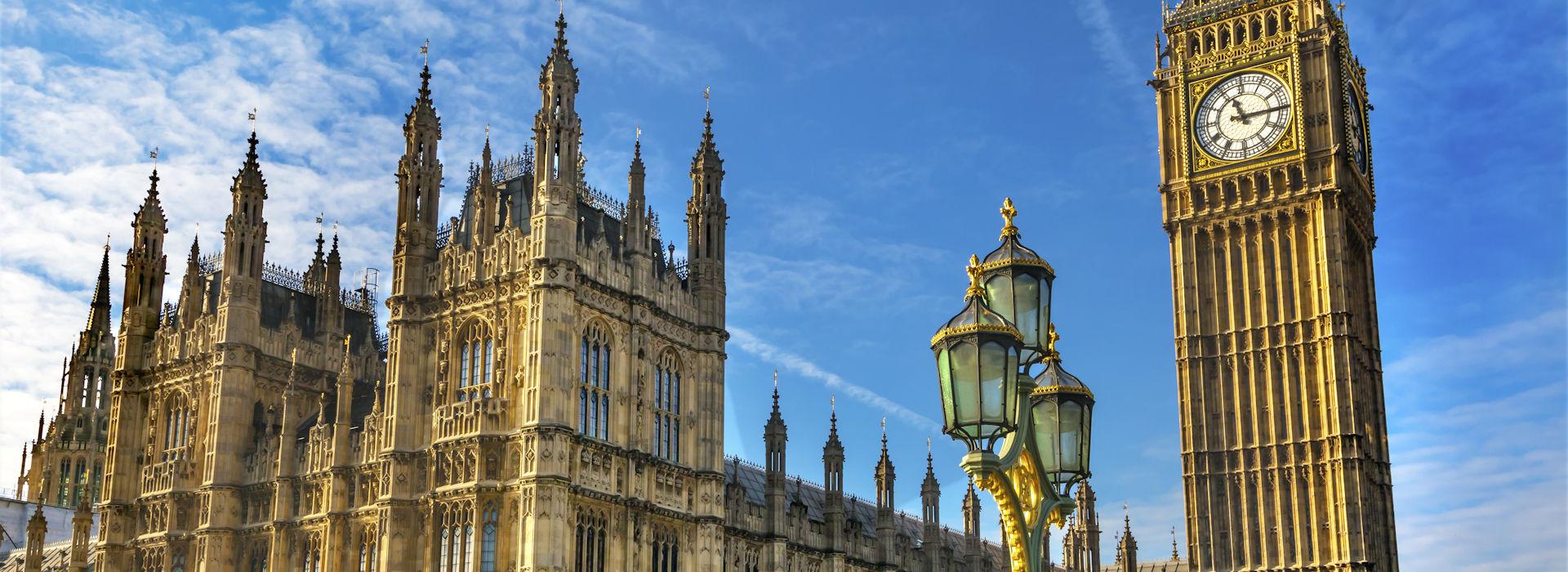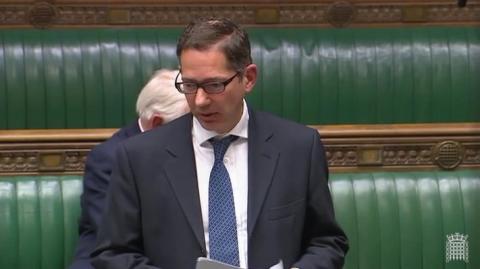Following the Brexit Secretary’s statement on the White Paper on legislating for the withdrawal agreement, Jonathan Djanogly raises concerns about a ‘no deal’ scenario and calls on the Government to accept evidence that a customs union-based approach is better than no deal.
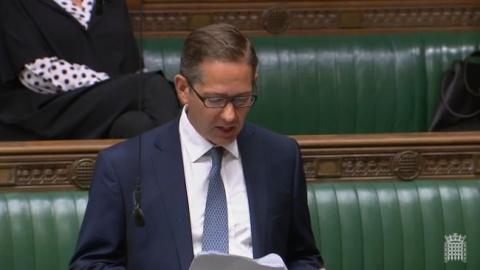
Jonathan Djanogly withdraws his amendments to the Trade Bill following Government concessions that result in the removal of the so-called ‘Henry VIII clauses’ that would have enabled Ministers to change legislation without consulting Parliament.
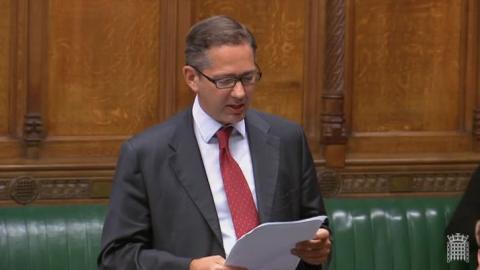
Jonathan Djanogly questions the benefits of being able to strike our own free trade deals as in many cases it will be difficult to secure deals as good as we already get with the EU and they can take many years to negotiate.
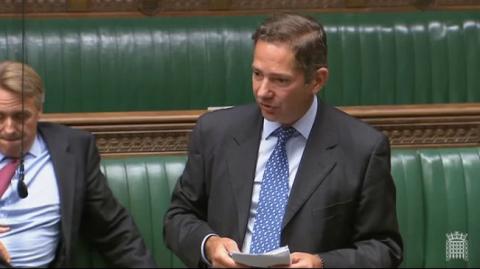
Speaking in the Second Reading debate of the Offensive Weapons Bill, Jonathan Djanogly opposes measures to ban .5 calibre rifles as a ban would disproportionately affect law-abiding gun owners as these weapons are too bulky, expensive and loud to be used in crime.
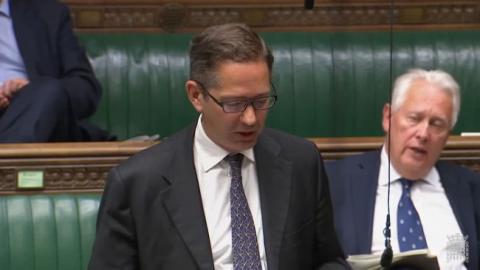
Speaking in the second day of debates on the Lords Amendments to the Brexit Bill, Jonathan Djanogly explains why he accepts the Prime Minister’s position that amendments relating to the customs union and membership of the EEA would undermine her negotiation position.
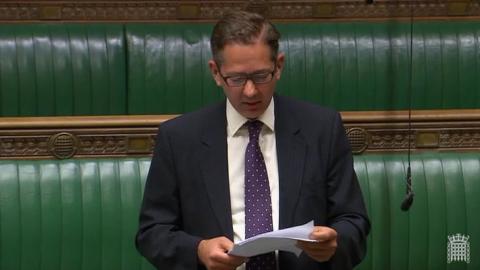
Jonathan Djanogly calls for more investment in technology and for consolidation of the legal services marketplace to address the problems facing the criminal justice system in England and Wales.

